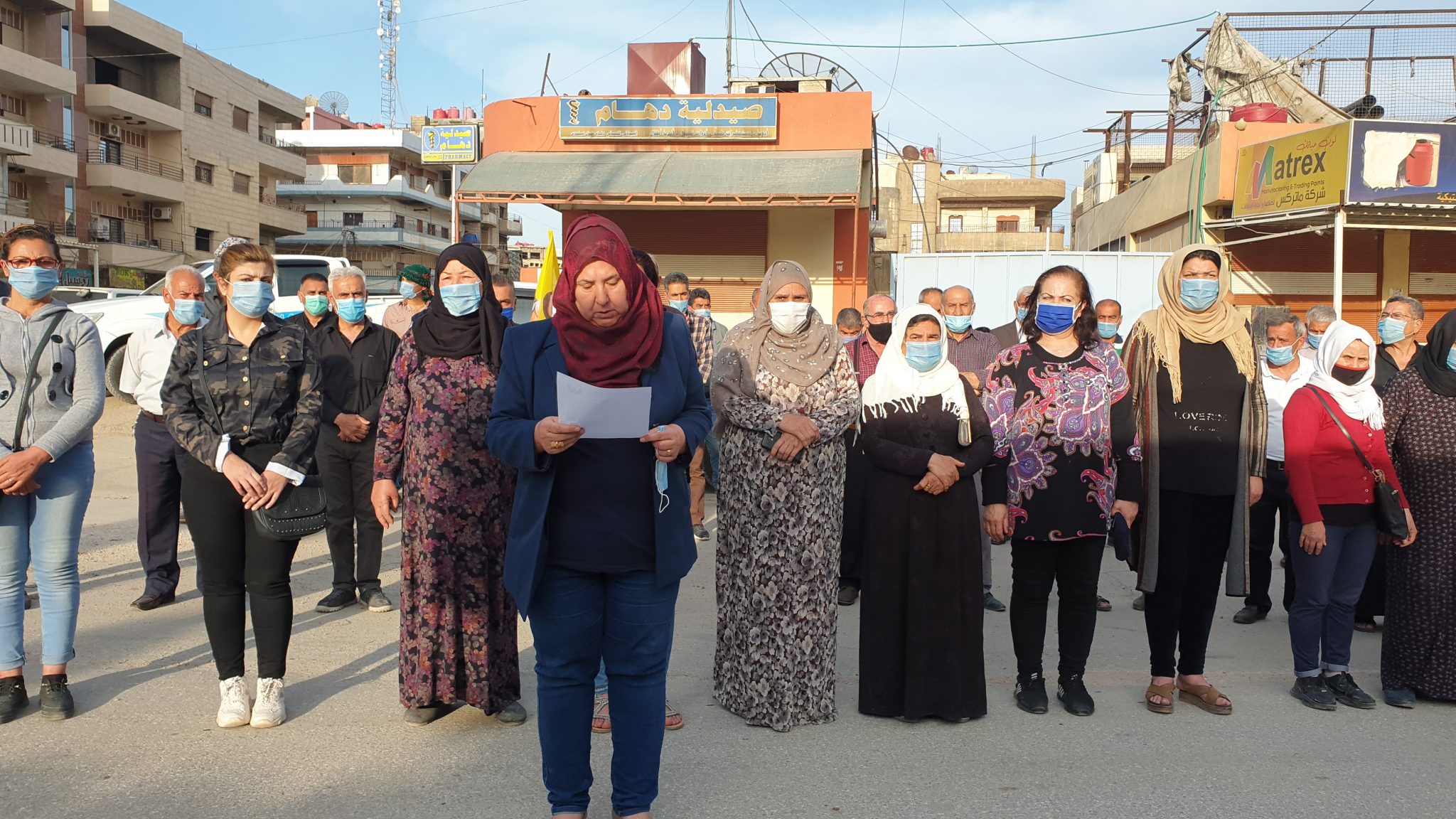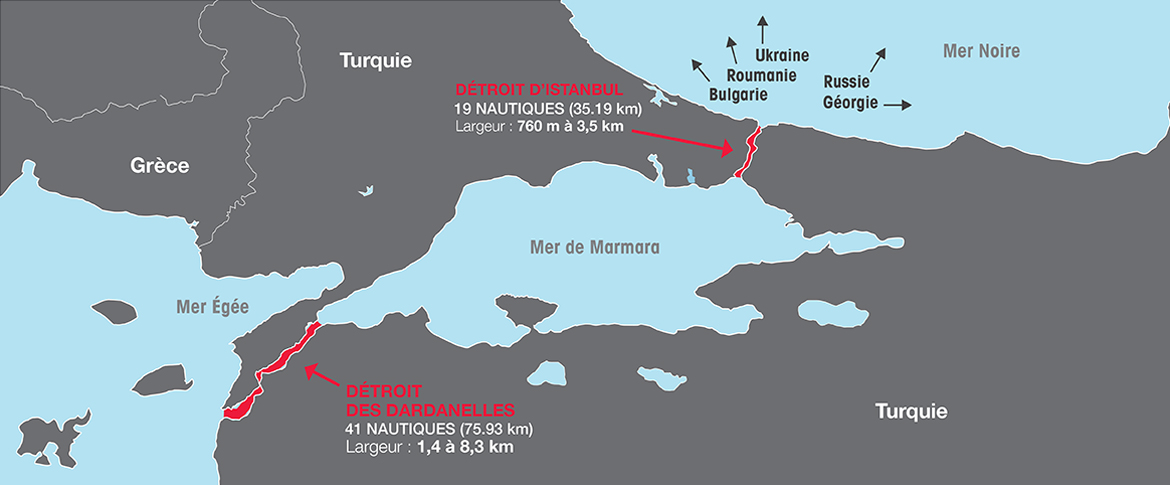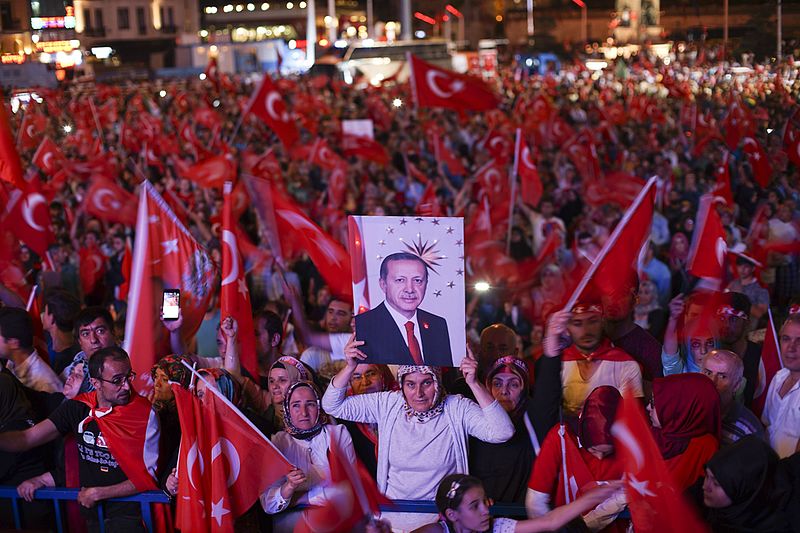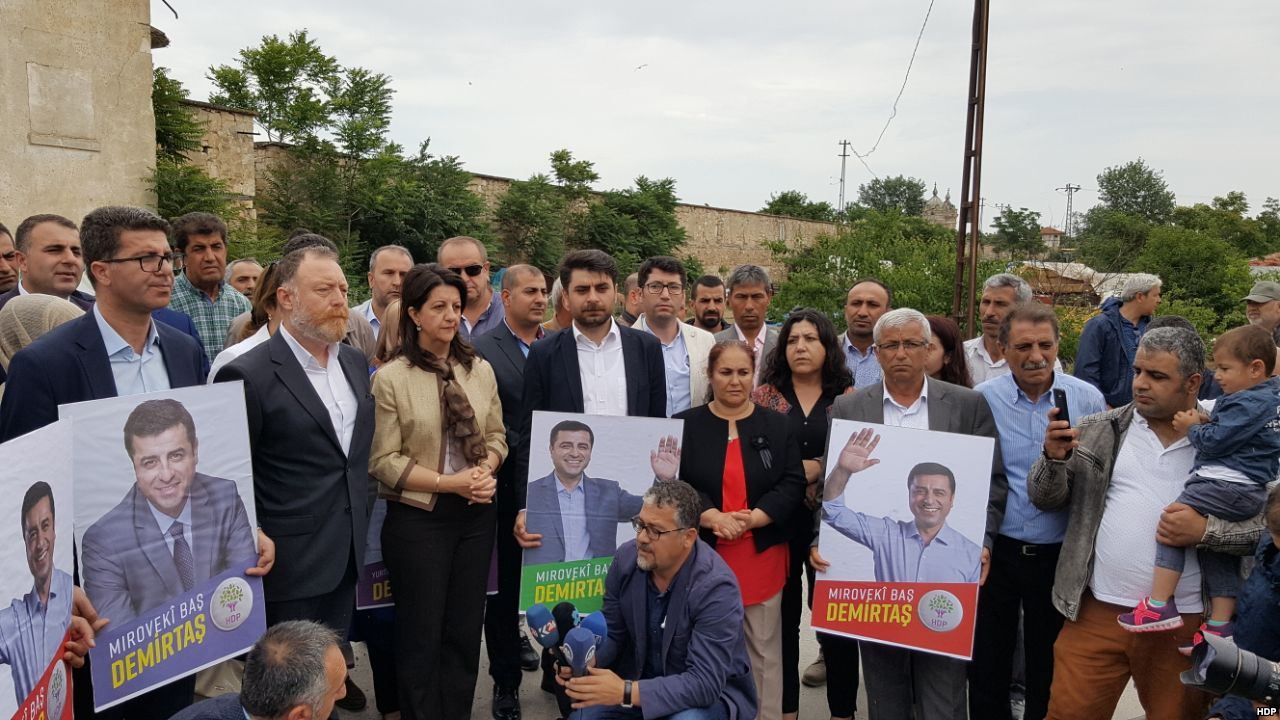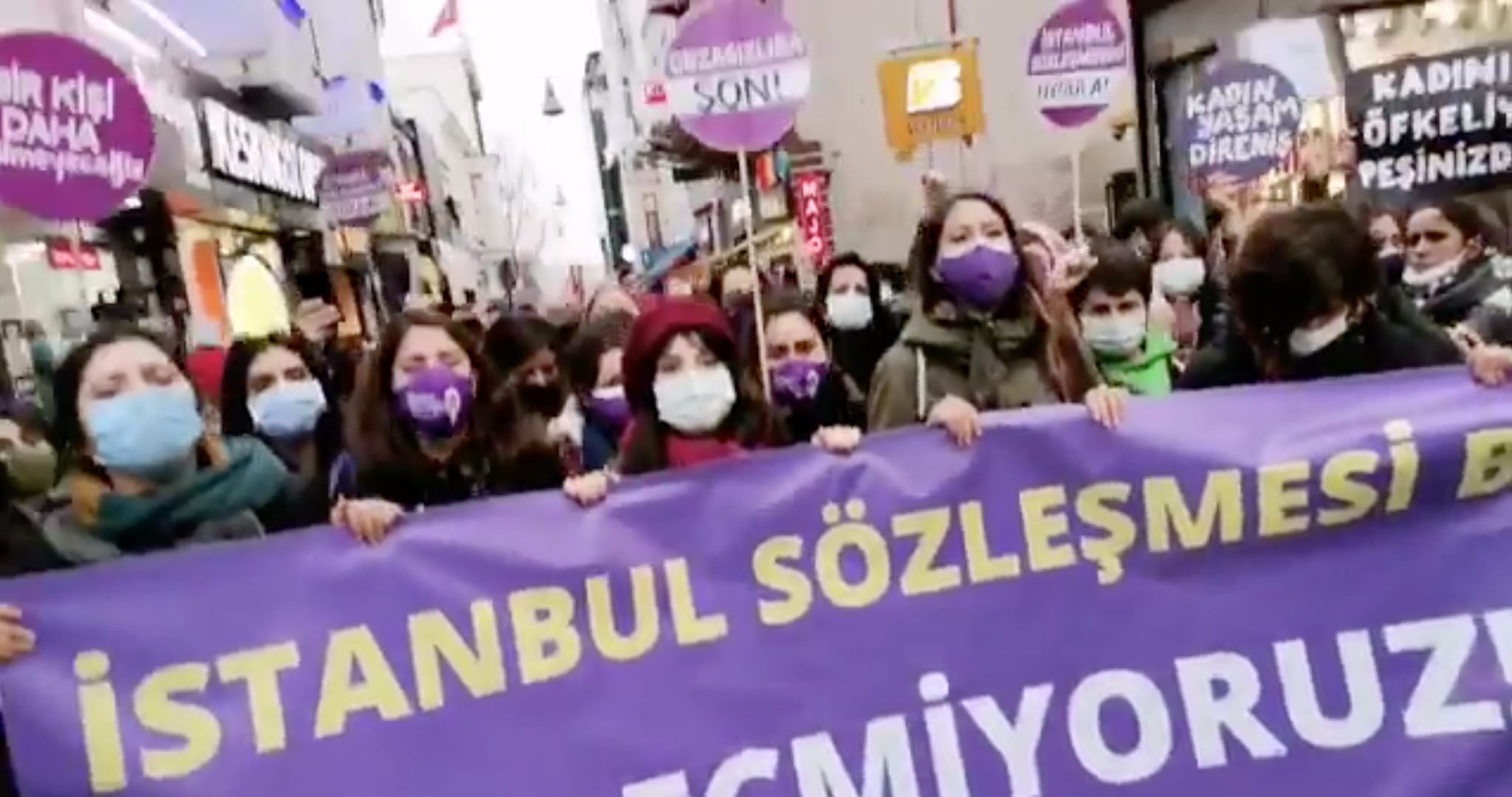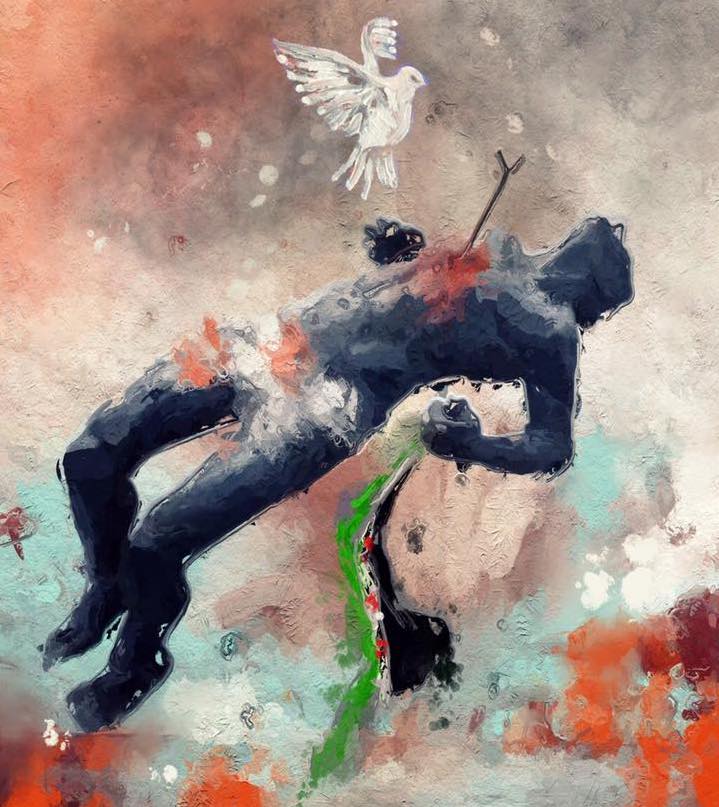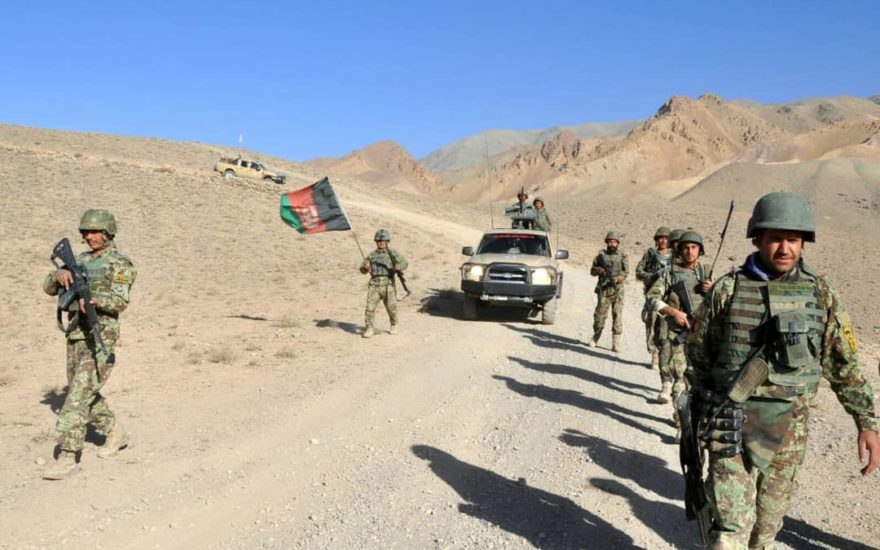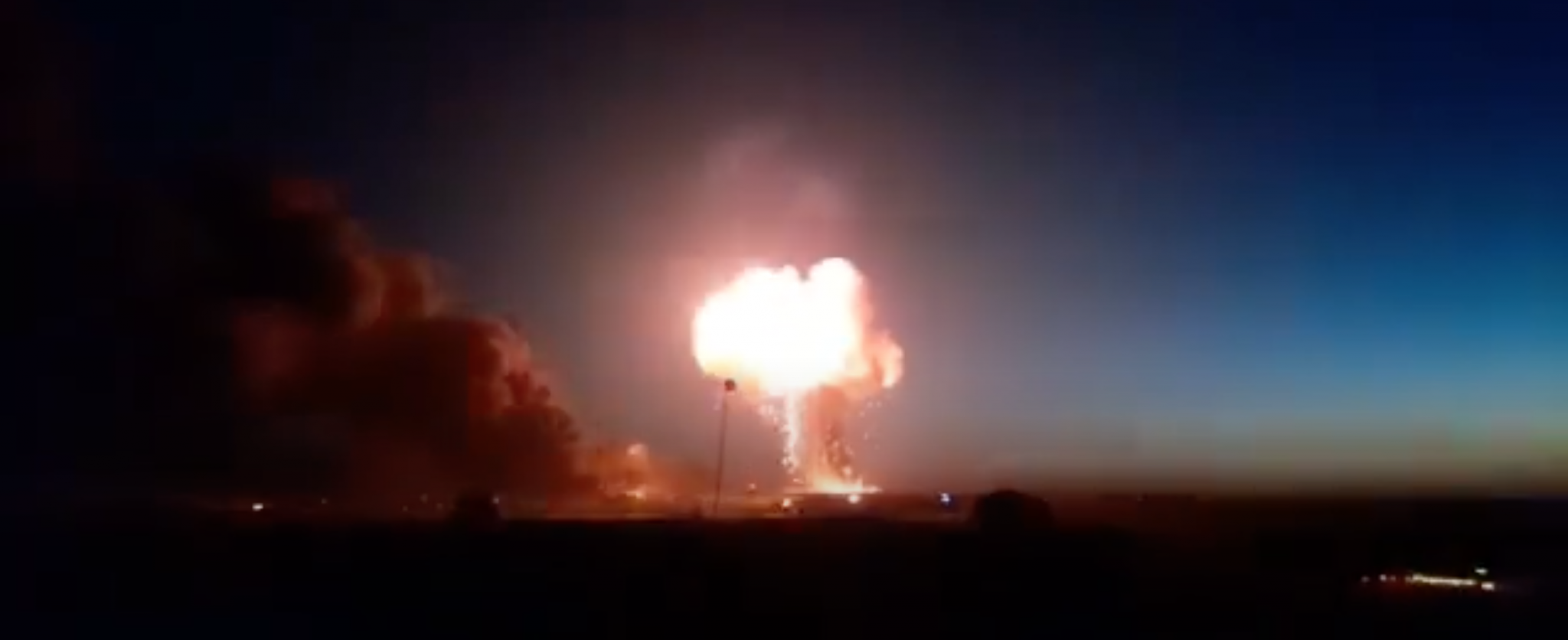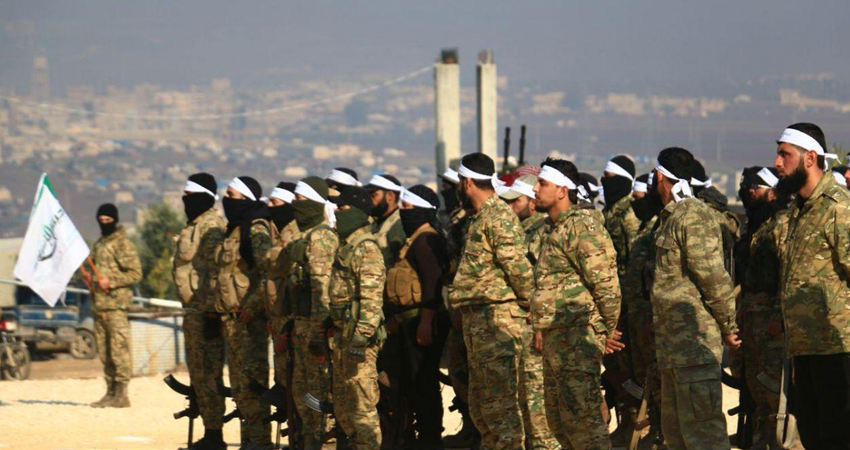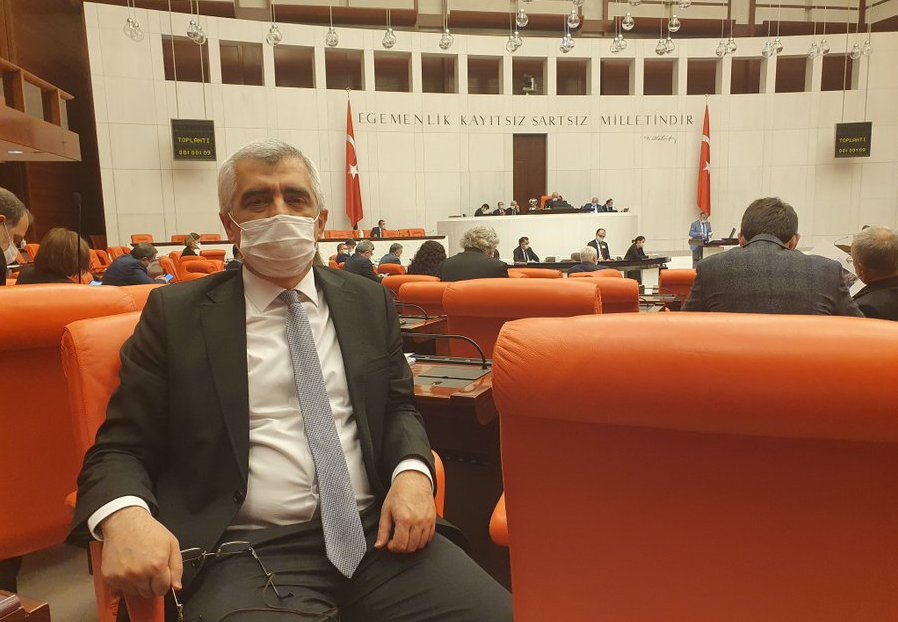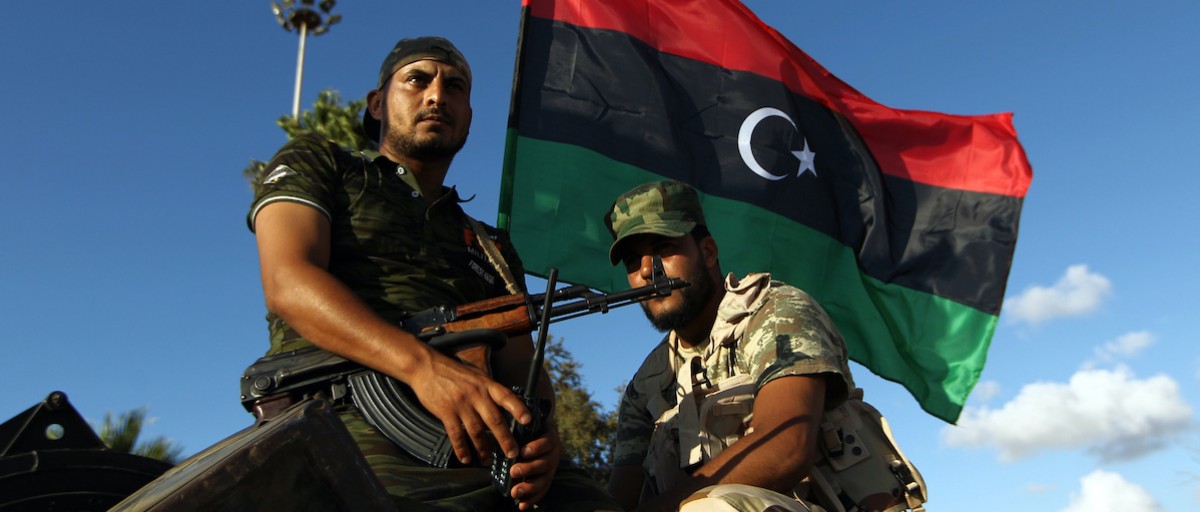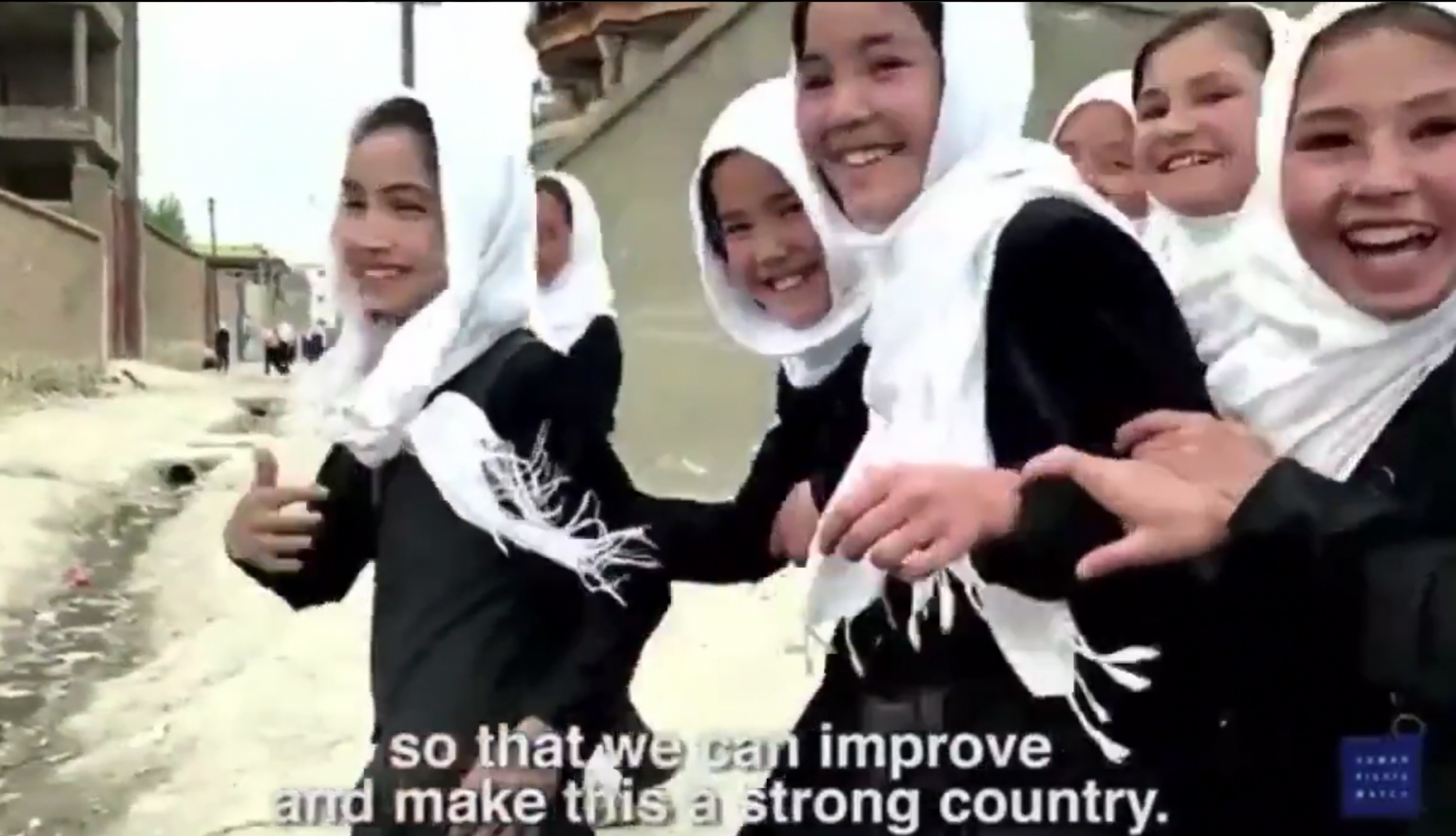
Afghanistan: schoolgirls massacred amid ‘peace’ talks
An attack on a high school in Afghanistan’s capital killed at least 50 and wounded dozens more—most of them girls who were leaving class. The school is in Kabul’s western Dasht-e-Barchi district, where many residents are of the Hazara ethnic minority, who were subject to genocide under Taliban rule in the 1990s. The students appear to have been doubly targeted as both girls and Hazaras—raising further questions for the status and security of women and ethnic minorities as the power-brokers race to declare “peace” in Afghanistan. (Photo of girls from the targeted school: HRW via Twitter)



